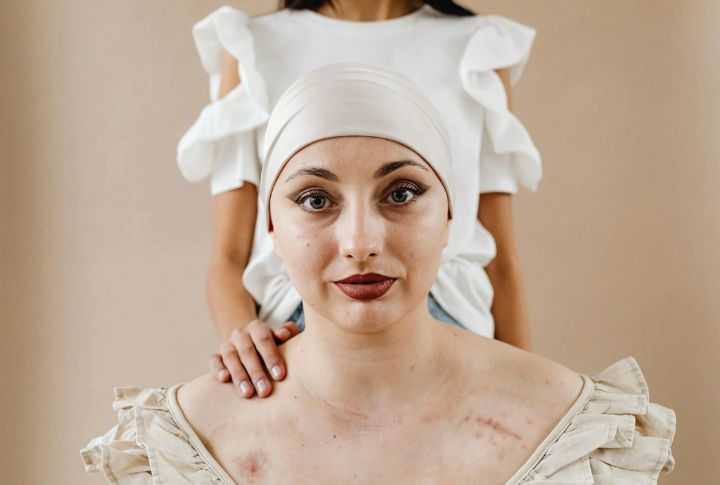
One in eight U.S. women will face breast cancer during her lifetime. According to the American Cancer Society, that’s the truth, yet many early signs go unnoticed. While lumps are commonly recognized, subtler symptoms often escape attention. Recognizing these 20 signs promptly can lead to earlier detection and more effective treatment.
Skin Dimpling Or Puckering

An indentation resembling an orange peel texture on the breast skin may indicate underlying tissue changes. This alteration can result from tumor cells pulling on the skin, a characteristic often associated with inflammatory breast cancer. When such skin changes are noticed, it is imperative to consult a healthcare practitioner.
Nipple Retraction Or Inversion

A sudden change where the nipple turns inward, especially if previously outward, can be concerning. That retraction might result from a tumor causing fibrous tissue to contract beneath the nipple. Such a change warrants immediate medical consultation to rule out malignancy.
Unusual Nipple Discharge

Discharge from the nipple, particularly if bloody or clear and occurring without squeezing, should not be overlooked. While infections can cause discharge, spontaneous fluid release may signal ductal carcinoma. An assessment by a physician is required to identify the root problem.
Redness Or Rash On The Breast
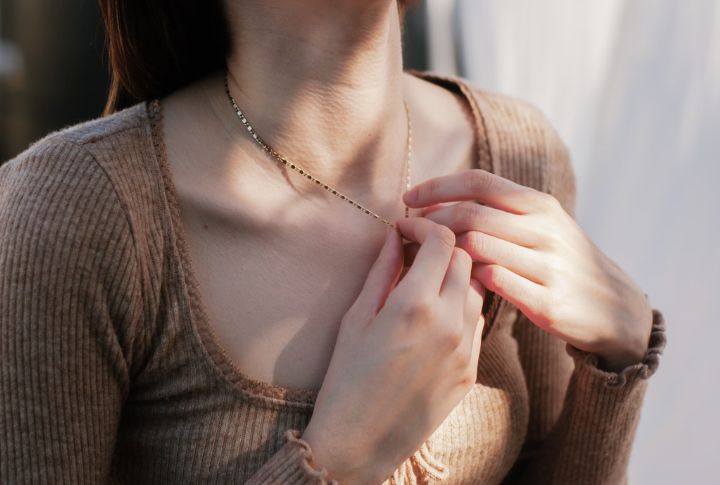
Red, scaly, or itchy skin on the breast, resembling a rash, might be mistaken for dermatitis. However, such symptoms can be indicative of inflammatory breast cancer, a rare but aggressive form, and would require early detection for effective treatment.
Persistent Pain

Constant discomfort or pain in the breast or nipple area, not linked to the menstrual cycle, can be a red flag. Finding the source of this might be aided by speaking with a healthcare professional. Though breast cancer is often painless, certain types do cause persistent aches.
Inflammation Of The Collarbone Or Armpit

Scary how a little puffiness in your armpit might be the thing that tips you off. It’s not always from deodorant or a pulled muscle—sometimes, it’s a lymph node responding to deeper trouble. Cancer likes to move quietly, and those nodes are often its first stop.
Changes In Breast Size Or Shape

Have you ever looked in the mirror and felt something’s off with your chest shape? Not every change means panic, but when one side starts shifting without a known reason, it’s worth a closer look. Breast cancer can play hide-and-seek in subtle ways like that.
Itchy, Crusty, Or Irritated Nipple Skin
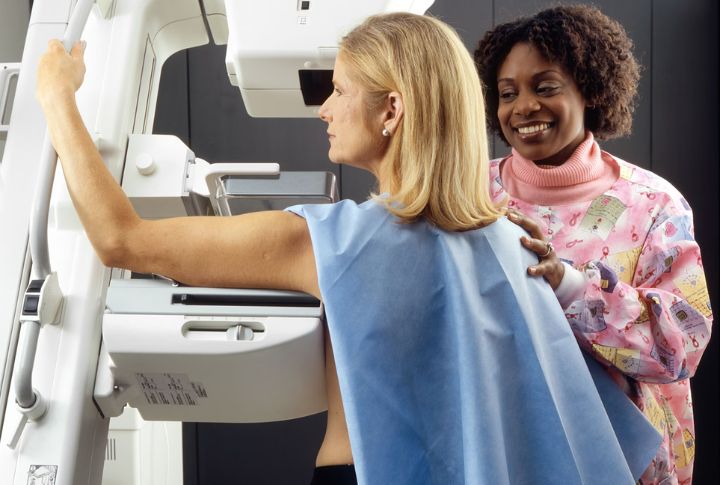
That lingering itch or patch of dry skin on your nipple may seem like nothing. But if the irritation persists or you notice flaky skin that doesn’t heal, a proper medical evaluation, and often a biopsy, is needed. These symptoms can sometimes be linked to Paget’s disease, a rare type of cancer that targets the nipple and surrounding areola.
Thickening Of Breast Tissue

Not all early cancer symptoms feel like a lump. When breast tissue develops an area that feels denser or different from surrounding areas, it might indicate that something deeper is happening. Thickening like this often occurs subtly, blending in until more obvious signs emerge.
Unexplained Fatigue

Waking up exhausted, even after a full night’s sleep, deserves more than a shrug. When cancer develops, the immune system can sap your energy reserves in subtle ways. Experts note fatigue often arrives before other visible symptoms. Many overlook it simply because it feels so common.
Back Or Shoulder Pain
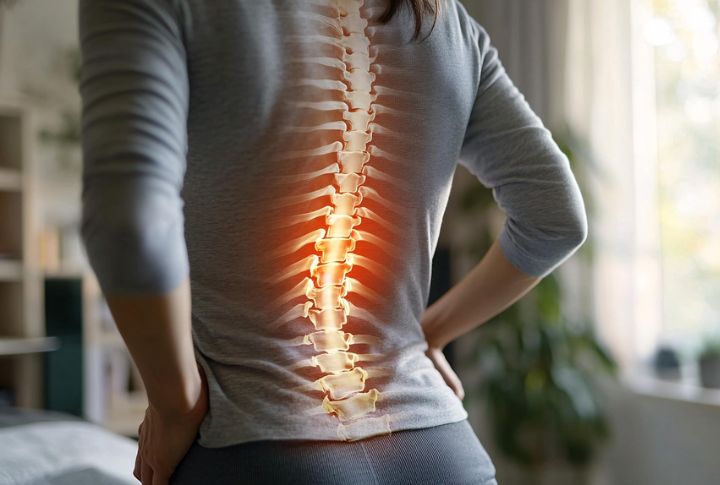
Pain in the upper back or shoulder area, not attributed to physical activity or injury, can sometimes be linked to breast cancer. Tumors located deep within the breast tissue can press against the chest wall or spine, causing discomfort. Such pain should be investigated, especially if persistent.
Changes In Nipple Sensation

You know your body better than anyone, so when something like nipple numbness pops up out of nowhere, don’t brush it off. That tingle—or total lack of it—could mean a tumor’s messing with the nerves. And this is not a sensation to ignore.
Visible Veins On The Breast
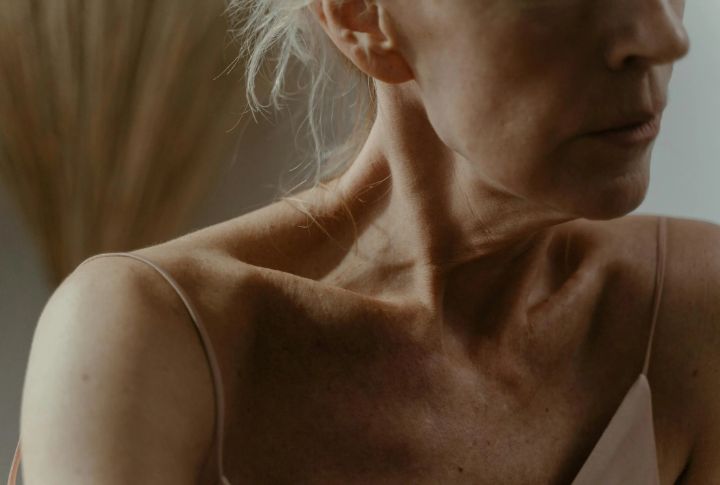
Increased blood flow to a tumor may be indicated by the formation of prominent veins on the breast’s surface, especially if they are recently evident. Veins may become more noticeable for a variety of harmless reasons, but abrupt alterations call for medical intervention.
Breast Warmth Or Burning Sensation

Localized heat without signs of infection is clinically significant. Inflammatory breast cancer frequently presents with such sensations due to underlying vascular changes and rapid tumor growth. Increased warmth paired with tenderness often prompts physicians to rule out benign causes first.
Flattening Or Indentation Of The Breast

You might not feel anything unusual to the touch, but the mirror could tell a different story. A flattened patch or slight inward pull in the breast may suggest internal tension caused by tumor growth. The visual shift alone is sometimes the first silent clue.
Unexplained Weight Loss
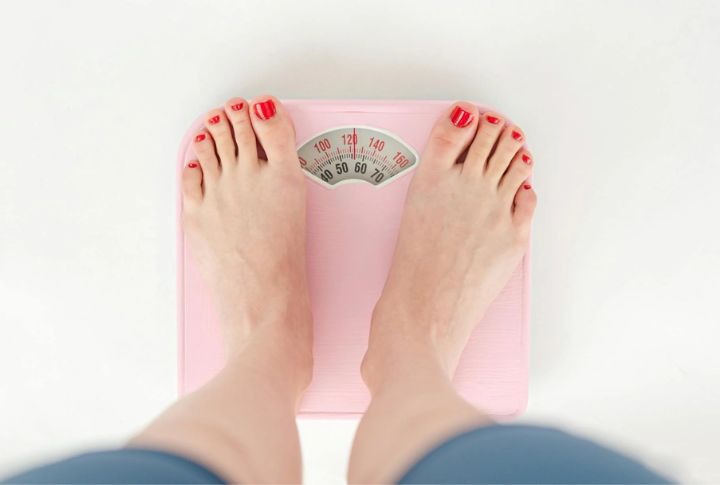
What explains a sudden weight drop when your routine hasn’t changed? The body could be signaling internal distress. Breast cancer sometimes hijacks your metabolism, speeding up calorie burn in silence. That shift often slips under the radar, but don’t let it happen to you.
Loss Of Balance Or Coordination

Breast cancer that has spread can affect the nervous system, causing unexpected issues with balance or coordination. If you find yourself stumbling, misjudging distances, or experiencing new clumsiness—especially without a known neurological condition—it could signal metastasis.
Unusual Breast Skin Texture (Pitting)

Pitting, where breast skin develops small, pinprick-like indentations, can signal inflammatory breast cancer. Unlike dimpling, this subtle texture change resembles fine perforations, and urgent medical evaluation is required to distinguish it from benign conditions and confirm potential malignancy.
Difficulty Moving The Arm Due To Discomfort

If raising your arm feels harder than usual—or downright painful—don’t ignore it. One possible cause is lymphedema, which can happen after breast cancer surgery when fluid builds up in the arm. Even poor circulation or a blood clot can cause swelling and discomfort.
A Sore On The Breast That Won’t Heal
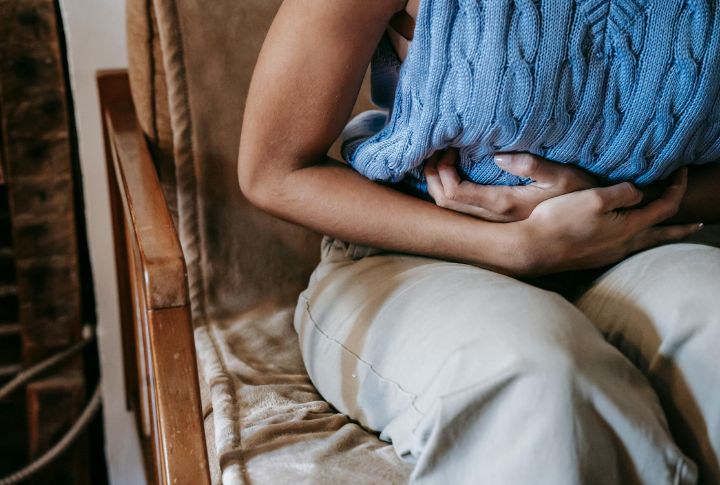
A persistent sore on the breast should raise concern. Inflammatory breast cancer often appears as redness, skin thickening, or a non-healing lesion. Plus, previous radiation treatment can delay healing. For accurate diagnosis and proper care, any unhealed wound lasting more than a few weeks deserves medical attention.

Comments
Loading…